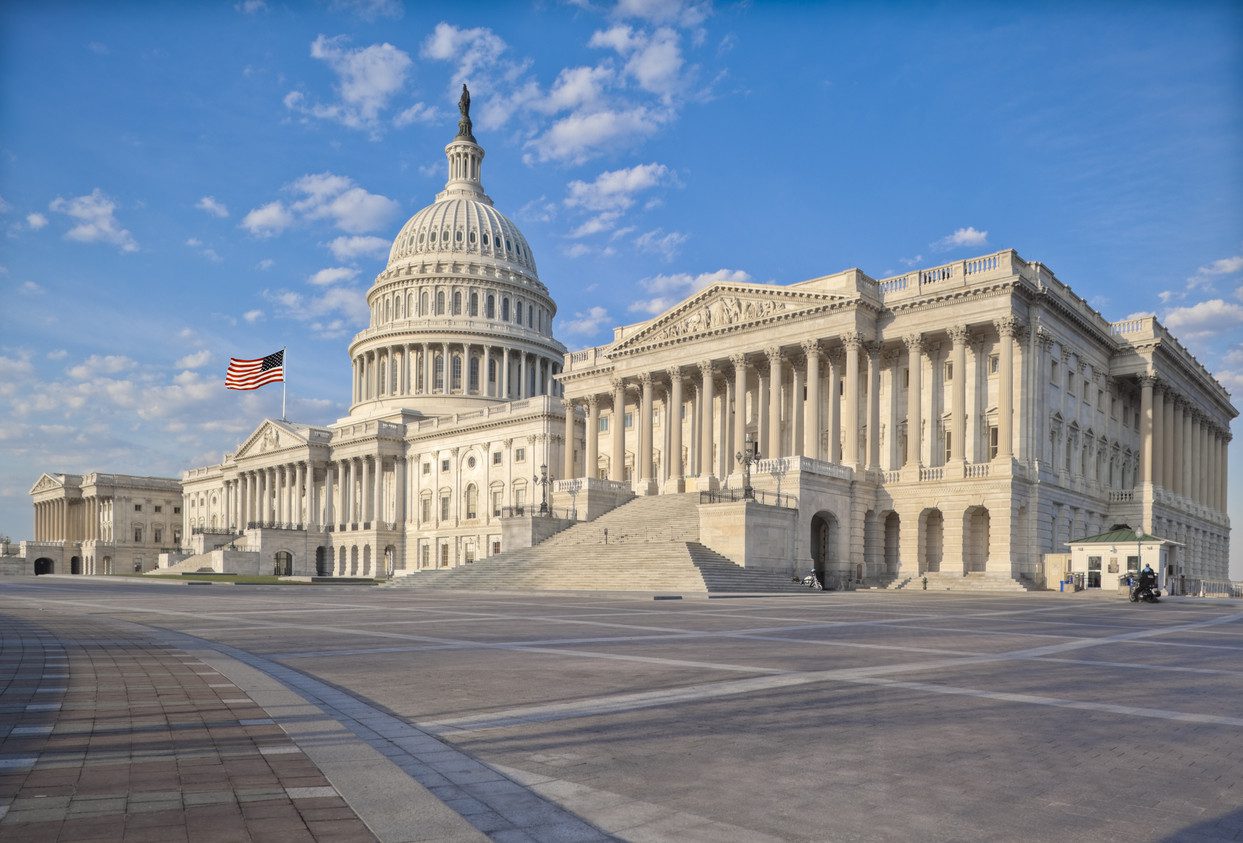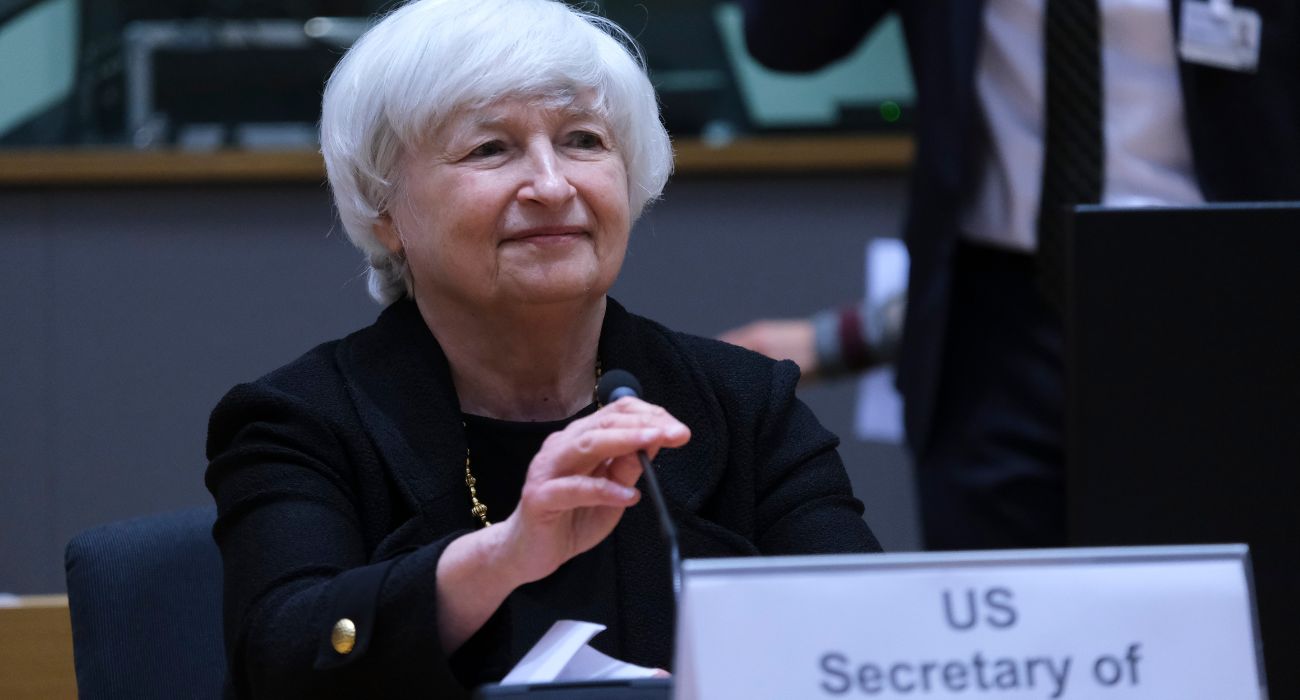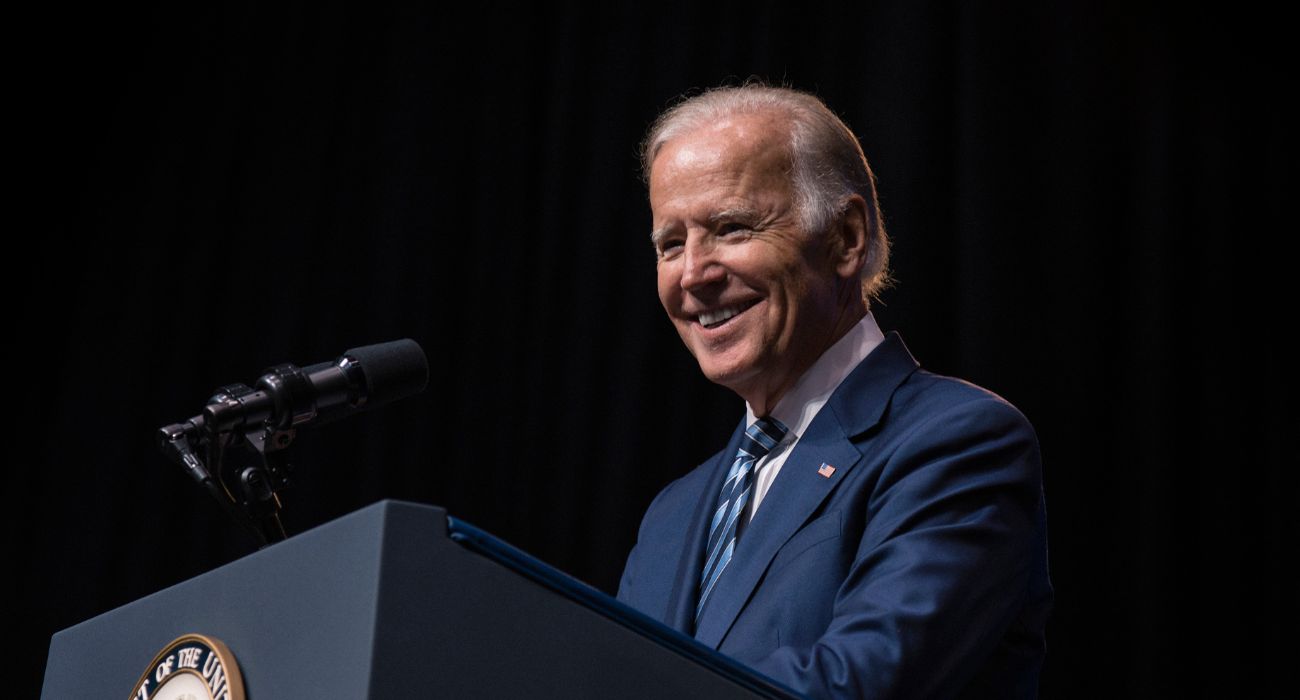Congress passed two bills on Thursday as part of the ongoing United States sanctions against Russia.
The first bill passed by Congress is House Resolution 7108, titled the Suspending Normal Trade Relations with Russia and Belarus Act. It raises tariffs on Russian imports and removes its “most favored nation” status. It is designed to curtail one of the most significant revenue streams available to President Vladimir Putin. It also punishes Belarus for being the most prominent Russian ally in its current military action in Ukraine. More than 40% of Russia’s annual revenue comes from proceeds from sectors affected by this bill.
The second bill is House Resolution 6968, titled the Suspending Energy Imports from Russia Act. It ends Russian imports of oil and gas to the United States. The measure is seen as largely symbolic. Russian exports account for only 8% of all imports to the U.S. and 2% of the total supply. That is significantly less than most European nations and much less than China, which is the number one buyer of Russian oil at over 1.6 million barrels per day.
Congress passed both bills with major bipartisan support, a rarity as of late in Washington, D.C., with the Senate passing both unanimously by a 100-0 vote. The House of Representatives passed both bills shortly after by votes of 413-9 and 420-3.
“No nation whose military is committing war crimes deserves free trade status with the United States,” said Senate Majority Leader Chuck Schumer (D-NY) to reporters after the vote. “No vile thug like Putin deserves to stand as an equal with the leaders of the free world. He is a menace and a pariah who has ensured that his place in history will be one of everlasting shame.”
Experts cautioned that because of both bills, gas prices across the nation could become even higher unless the now-banned Russian imports are replaced with American oil reserves.
Founder of the financial consulting firm Geltrude & Co., Dan Geltrude, told Newsweek that “the long-term solution is to not rely on foreign oil, but for the United States to provide its own oil supply and to be energy independent.”
However, GasBuddy’s head of petroleum analysis, Patrick De Haan, offered a different prediction.
In a tweet, De Haan said that “barring EU sanctions on Russian oil or Putin escalations, the national average may have peaked already for 2022.”
You heard it on @Varneyco first… I believe that barring EU sanctions on Russian oil or Putin escalations, the national average may have peaked already for 2022. #gasprices
— Patrick De Haan ⛽️📊 (@GasBuddyGuy) April 7, 2022
According to the American Automobile Association (AAA), the national average for a gallon of gas was $4.139 as of April 8. However, in the middle of March, the U.S. national average for four days in a row was $4.331 per gallon.
Last month, as discussions on the possibility of foreign bans on Russian oil began, Russian Deputy Prime Minister Alexander Novak speculated on potential outcomes. He warned that the price of oil would increase to $300 per barrel while also suggesting that the Nord Stream 1 Pipeline, a critical pipeline of oil to Germany, could be shut down in retaliation to sanctions.
“It is absolutely clear that a rejection of Russian oil would lead to catastrophic consequences for the global market, the surge in prices would be unpredictable. It would be $300 per barrel if not more.” Novak told a Russian state television station.






